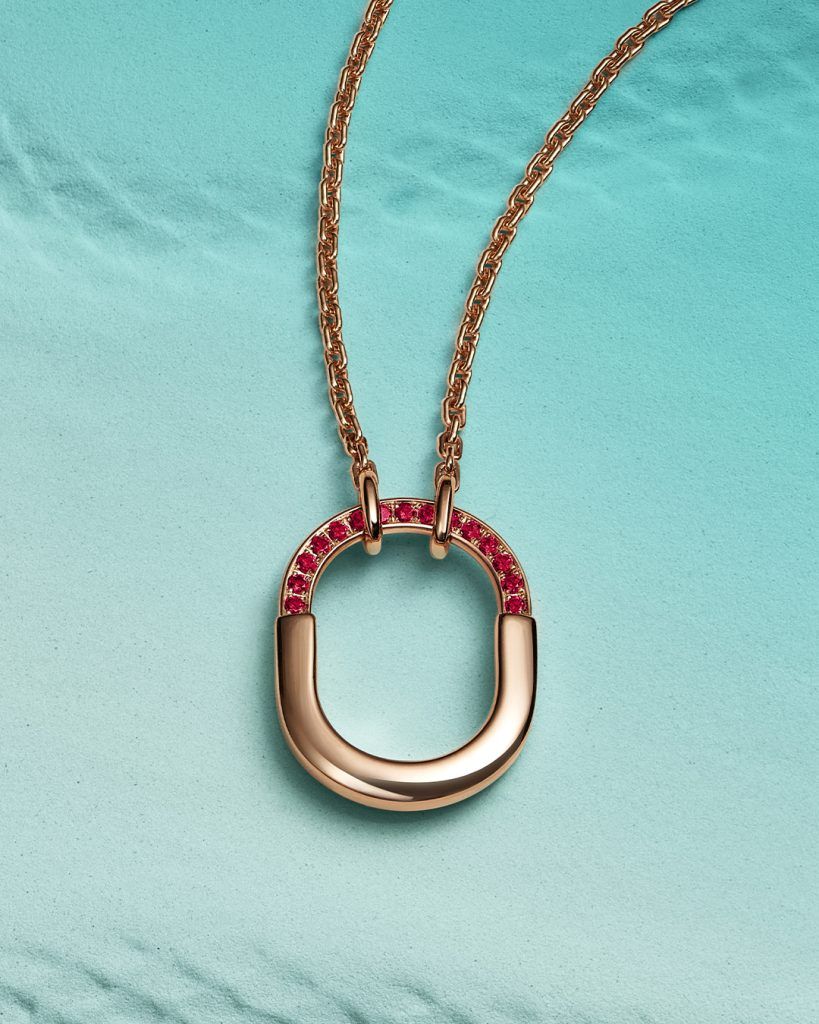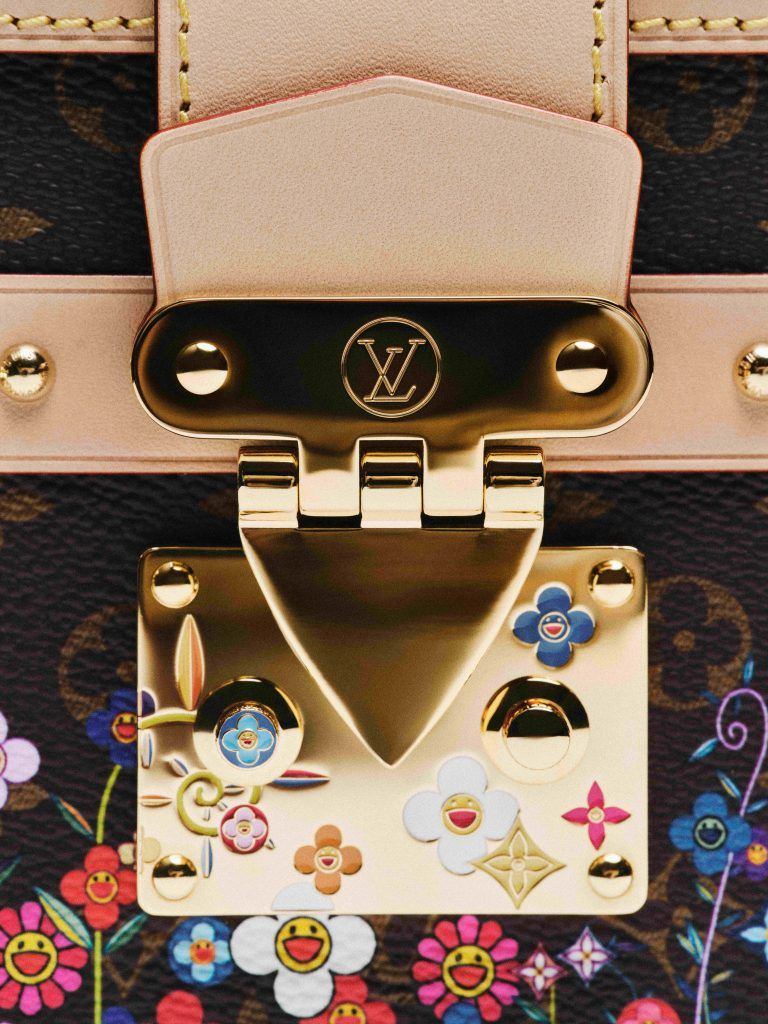The time has come for you to express your love for this Valentine’s Day.
Opting for something thoughtful and enjoyable that both of you can share might be an ideal gift idea. For instance, classic jewellery or a timeless watch could be a perfect choice as these items will remain in style, making them a lasting investment in love, even for the next ten Valentine’s Days.
And you’re in luck! Siam Paragon, offers an array of opulent choices as a ‘Luxury Destination’ in Bangkok, whether you’re living here or just visiting.
Here are some ideas that you’ll surely want to give and receive!
[Hero & Feature Image Credit: Chanel]
11 wish lists for Valentine’s Day gifts from Siam Paragon you’ll want to give (and receive!)
Jump To / Table of Contents
- 1 Chanel Coco Crush Toi et Moi
- 2 Rolex Datejust 36
- 3 Bulgari B.Zero1 Necklace
- 4 Cartier Love Bracelet
- 5 Jaeger-Lecoultre Reverso
- 6 Fred Pretty Woman Necklace
- 7 Gucci Jackie 1961 Small Shoulder Bag
- 8 Loewe Messenger Bag
- 9 Omega Speedmaster Moonwatch
- 10 Tudor Black Bay 54
- 11 Louis Vuitton Embroidered Cotton Cardigan
Chanel Coco Crush Toi et Moi
When it comes to Gabrielle Chanel, every encounter is like a game of fate and destiny. And what better way to celebrate a special occasion like Valentine’s Day than by gifting your loved one a piece of jewellery with such an enchanting story? This exquisite piece, which comes in white and 18k beige gold and is adorned with diamonds in one ring, symbolises the sentimental journey of two becoming one.
[Image Credit: Chanel]
Rolex Datejust 36
When it comes to this year’s watch trend, the dress watch, especially in size 36, has been the hottest to come. And what we highly recommend is the Rolex Datejust 36. It’s suitable for both men and women. Therefore, this timepiece checks the criteria for those who want a couples watch.
There’s also plenty of materials to choose from, whether it’s simple or a bit flashy with diamonds or decorated with pearls. But what we love about this item is that it’ll always be classic. It’s honestly the perfect gift for couples who are into the sartorial aesthetic.
[Image Credit: Rolex]
Bulgari B.Zero1 Necklace
Giving a ring to someone might be a bit too much. So why not give an item that looks familiar yet radiates the same vibe? The B.Zero 1 is the answer. This 18k yellow gold mini pendant is the perfect blend of classic and modern. Not only does it offer timeless style, but it is also unisex, allowing both of you to wear matching necklaces.
[Image Credit: Bulgari]
Cartier Love Bracelet
What’s not to love about the Cartier Love bracelet? Its name alone speaks volumes, and with its design meant to stay on, it beautifully symbolises the commitment to locking in your love. It’s the ultimate gift, especially if commitment is not an issue for you.
[Image Credit: Cartier]
Jaeger-Lecoultre Reverso
This is one of the most classic watches of all time. Even if you give this item as a gift this Valentine’s Day, it will still be a hit in ten years. The Jaeger-Lecoultre Reverso has this art deco style with a reversible clock mechanism. And if you choose the single-faced model, you can even write a special engraved message on the other side. But besides that, what’s even more unique is that the case and strap come in many sizes and can be worn by both men and women.
[Image Credit: Jaeger-Lecoultre]
Fred Pretty Woman Necklace
Why not give her not just any heart but the heart from Fred in an 18k pink gold set with a ruby? Paired with a semi-fairytale story inspired by the iconic necklace scene in the Pretty Woman movie, created by the Maison in 1990, it will surely add an extra touch of romance.
[Image Credit: Fred]
Gucci Jackie 1961 Small Shoulder Bag
Let’s add colour to your life by playing dress up in a fun way. Imagine this – you have a product that you can share with your partner, and even though you both wear it differently, it’s still the same item. So, why not take a look at the classic red Jackie bag? It’s the perfect gift for your loved one and it’s also unisex.
[Image Credit: Gucci]
Loewe Messenger Bag
When it comes to Loewe, people will think of their ‘it bag’ as Puzzle, but this messenger bag is the ultimate hidden gem. The size of the design can elevate your boyfriend’s look instantly, or if you want to experience something boyish, you can always share it with him. Because sharing is caring, right?
[Image Credit: Loewe]
Omega Speedmaster Moonwatch
You probably already know this iconic watch’s mechanics and story. But what’s cool about this timepiece is that it’s customisable. For instance, you have the NATO straps where you can choose the size and color according to your partner’s preference. And if you want to shout your love to the moon, why not bring it closer with this special touch?
[Image Credit: Omega]
Tudor Black Bay 54
If you are looking for something classic and subtle, this new Tudor Black Bay 54 is the perfect choice. This dive watch is currently the smallest available on the market, and it has a distinctly vintage feel. Not to mention, if your boyfriend is a die-hard David Beckham fan, he’ll be pleased to know that David has been spotted wearing this watch everywhere. And what screams a perfect couple more than Victoria and David Beckham? With this timepiece, you can both embody that stylish duo in your relationship.
[Image Credit: Tudor]
Louis Vuitton Embroidered Cotton Cardigan
Whether you’re getting chilly during a movie date or just craving a cosy night in, this cardigan is the perfect blend of warmth, style, and cuteness. The best part? You and your special one can share it together; just don’t fight over who wears it cuter.
[Image Credit: Louis Vuitton]

























